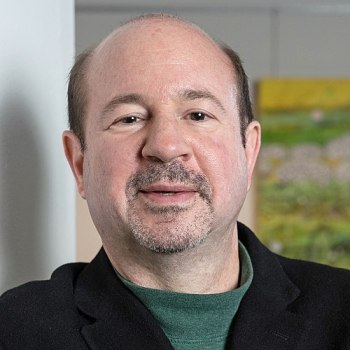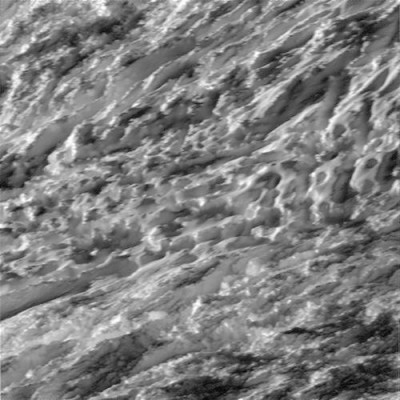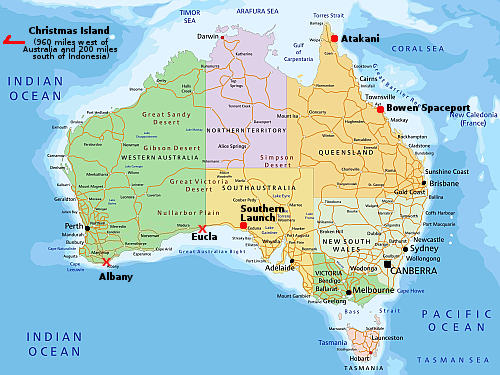Space Force awards SpaceX and ULA seven launches worth more than a billion dollars
The U.S. Space Force (USSF) yesterday awarded multi-launch contracts to both SpaceX and ULA for seven launches beginning in 2027 worth more than a billion dollars.
SpaceX received $714 million for five launches and ULA was awarded $428 million for two launches, USSF said in an Oct. 3 news release.
The awards are part of the Space Force’s National Security Space Launch Program, which it uses to launch services for military space missions. In April, it chose SpaceX, ULA, and Blue Origin to launch a total of 54 missions scheduled between fiscal 2027 and 2032, with SpaceX responsible for just over half, with 28 launches. Individual missions will be awarded in batches through fiscal 2029.
Though Blue Origin was included in this program and its New Glenn rocket has finally launched once successfully, its not yet been certified to launch military satellites, and to get certified the company is going to have to launch at least one more time. That launch is expected before this month is out. Moreover, it will soon have to compete against more companies, and the Pentagon will be adding Rocket Lab and Stoke Space to its approved list as soon as both successfully launch their respective Neutron and Nova rockets by next year.
The U.S. Space Force (USSF) yesterday awarded multi-launch contracts to both SpaceX and ULA for seven launches beginning in 2027 worth more than a billion dollars.
SpaceX received $714 million for five launches and ULA was awarded $428 million for two launches, USSF said in an Oct. 3 news release.
The awards are part of the Space Force’s National Security Space Launch Program, which it uses to launch services for military space missions. In April, it chose SpaceX, ULA, and Blue Origin to launch a total of 54 missions scheduled between fiscal 2027 and 2032, with SpaceX responsible for just over half, with 28 launches. Individual missions will be awarded in batches through fiscal 2029.
Though Blue Origin was included in this program and its New Glenn rocket has finally launched once successfully, its not yet been certified to launch military satellites, and to get certified the company is going to have to launch at least one more time. That launch is expected before this month is out. Moreover, it will soon have to compete against more companies, and the Pentagon will be adding Rocket Lab and Stoke Space to its approved list as soon as both successfully launch their respective Neutron and Nova rockets by next year.













